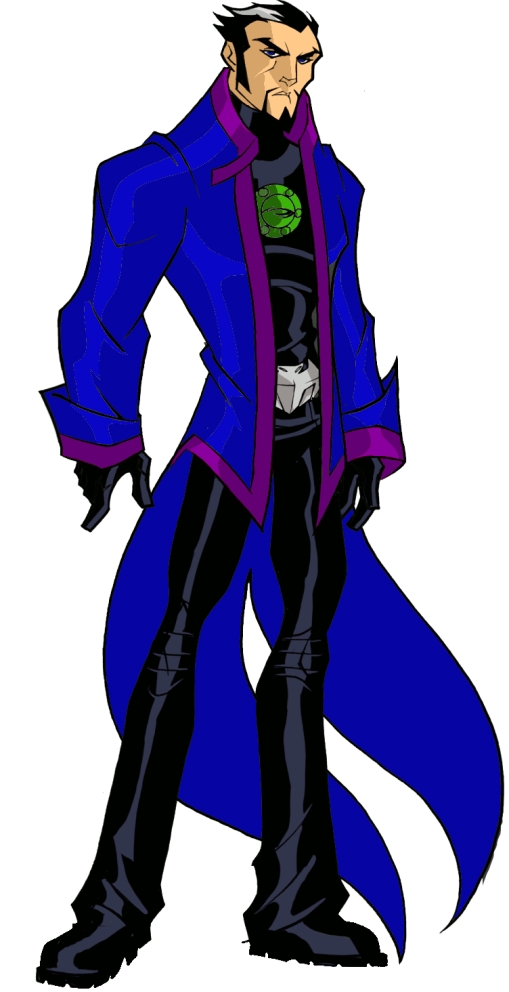When it comes to making new characters for gaming, there are a lot of processes a player goes through before pencil touches character sheet, or dice clatter to table. It’s not that it’s necessarily a laborious process, but most players grow concerned about what they are going to play and how, if at all, that character is going to fit into the table dynamic. When this is what is called a “shared world,” such as Living Forgotten Realms, Shadowrun Missions, etc., it becomes even worse. After all, when it’s your friends at the table, it’s easier to know what will work and what won’t. When there are a crap ton of other variables, including players you have never met before and may never get a chance to make a good impression upon again, the stakes are higher.
Let me let you in on a little secret: None of that matters. The party needs a cleric? It’s just as incumbent upon every other player at the table to consider playing one. You think your barbarian warrior is going to be a little rough around the edges, and not very personable from the beginning? So freaking what? You think no one will like you if you don’t play a good little soldier that follows every order barked at him or her? Tough crap. Play the character you want to play. Now, don’t intentionally dick over other players (I’ve said that before), but make the character you want to play that still fits the setting. After all, a Sherlock Holmesian inquisitor is not going to work well in a setting built around sheer survival. A brutish warrior known for breaking tables and NPCs isn’t going to work well in a setting that is based on courtly intrigue. Then again, I could be wrong. The points here come down to two simple ideas:
- Are you designing the character just to screw another player or players?
- Can you make your design work in the game?
There you have it. It really is that simple.
You see, everyone spends all their time worrying about impressing others and playing instantly personable characters. Here’s the killer truth though: not every PC is going to be some shining-toothed goody two-shoes. Raistlin Majere? Conan the Cimmerian? Solomon Kane? Harry Dresden? Anita Blake? (I kinda threw up a little in my mouth there, but it’s still a relevant point) The list goes on and on. Hell, even Quasimodo the Hunchback.
It’s not about the personality of the character; it’s about your personality as a player. You can play an aloof and divorced character in a game and still do it with panache and style. You can make people enjoy being in a party with just such a character without being an insufferable suck up. The loud and boisterous barbarian who comes to respect the fighter in the party after getting into a fistfight with him; the slightly overconfident mage who grudgingly admits his need of the others, and his constant silent support of them; even the sneaky rogue who cheats at dice with the other players, but is the first to slip a dagger between the ribs of a threat she gets the drop on. All of these are characters that, by all conventional thought should be hated, but most often aren’t.
You see, the character works as an extension of yourself, and if you consciously paralyze your creativity, you are going to paralyze yourself. As I said, this is discounting the impulse to play a character that exists only to dick over others, or attention whore. But playing a character renowned for being a bit of a prick, yet very dedicated to the group he is with is not an issue. Backstabbing, betrayal, the like… they all belong as ploys used against the bad guys. Egotism, self-centeredness, and flat-out asshole gloryhounding are not a part of the cooperative game experience.
But tell the story you want to tell. If you want to play a character that is not fond of divine spellcasters, but respects them enough not to outright attack them on sight, go for it. If you want to play an arcane spellcaster who sees melee fighters as little more than cavemen with sharpened sticks, go ahead. But when that Cro Magnon saves your ass a couple times with his “sharpened stick,” you had best acknowledge some skills.
Once again, it comes down to grace on the part of you, the player.
What do you think?

